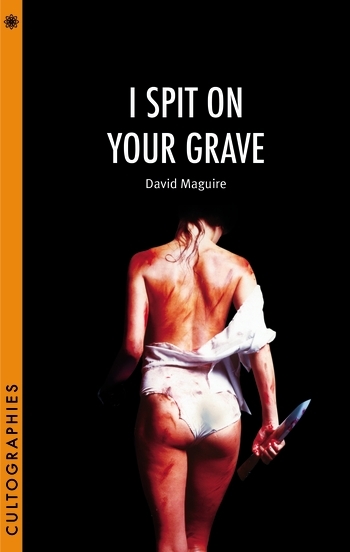(Sylvia) Beach reading continued
We continue our focus on Fernham’s focus on Sylvia Beach and The Letters of Sylvia Beach with an excerpt from the second part of what will be a four-part interview between Anne Fernald, who writes the blog, and Keri Walsh, editor of The Letters. (Here are part one and part two.)
In the interview, Fernald and Walsh discuss among other things Sylvia Beach herself, Paris in the 1920s, Virginia Woolf, and working in archives. The whole discussion is fascinating but here is Keri Walsh on the remarkable relationship between James Joyce and Sylvia Beach:
Beach shared Joyce’s love for language, and she took pleasure in playing around with words. Her earliest letters show her punning with advertisements, just as Joyce would do in the Aeolus section of Ulysses. And they both liked to kid around with Shakespeare. Ulysses includes some funny burlesques of Hamlet, and Stephen Dedalus is a bit of a comic Hamlet. The first thing that bonded them when they met at a Paris party was Joyce’s amusement at the name of her bookstore, Shakespeare and Company. He took out a pen to write down the name of the shop, and he came by to visit the next day.
In addition to their shared comic sensibility and her tremendous admiration for his writing, Beach did understand that there were professional advantages in being associated with Joyce: “Ulysses is going to make my place famous,” she predicted in a letter, and it did. The daily presence of Joyce at Shakespeare and Company created an aura around the shop, and that aura drew other writers and creative people. His faith in Beach consolidated her status as a taste-maker and champion of the avant-garde.
So there were some idealistic and some practical reasons why Beach went out of her way for Joyce: her earnest desire to help an artist she believed in, one who was having difficulty getting his work to print, and the status he conferred on her business. But ultimately, it’s still difficult to explain just why she handed over her life to Joyce for ten years, putting herself in constant financial risk and exacerbating her migraines with all the demands attendant upon publishing Ulysses: the huge, constantly-changing manuscript; the fact that to fund the book she needed to get subscribers in advance; the lack of copyright protection in England and America which meant that she also had to fight against the piracy of the book; Joyce’s poor health; the needs of his family. She never put herself on the line for any other writer in this way. Many biographers and memoirists have mentioned Joyce’s personal charisma—his manner of speaking, his beautiful eyes, his good manners and his slightly antique formality (they always called each other “Mr. Joyce” and “Miss Beach”) and the reputation that preceded him as the author of Dubliners and Portrait—and so maybe, at a certain point, we have to appeal to that “Joyce Effect.” Sylvia Beach wasn’t the only person to go out of her way for him. He inspired loyalty and love, in spite of his many trying qualities.




